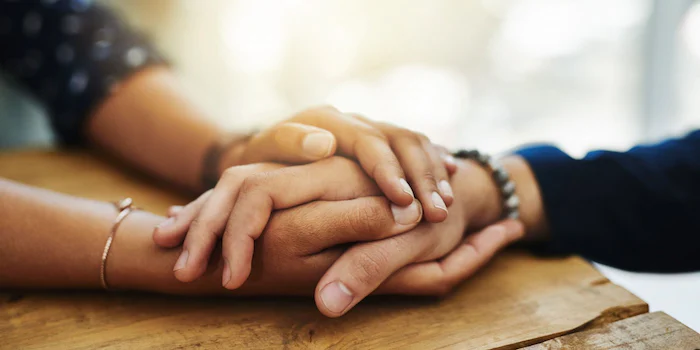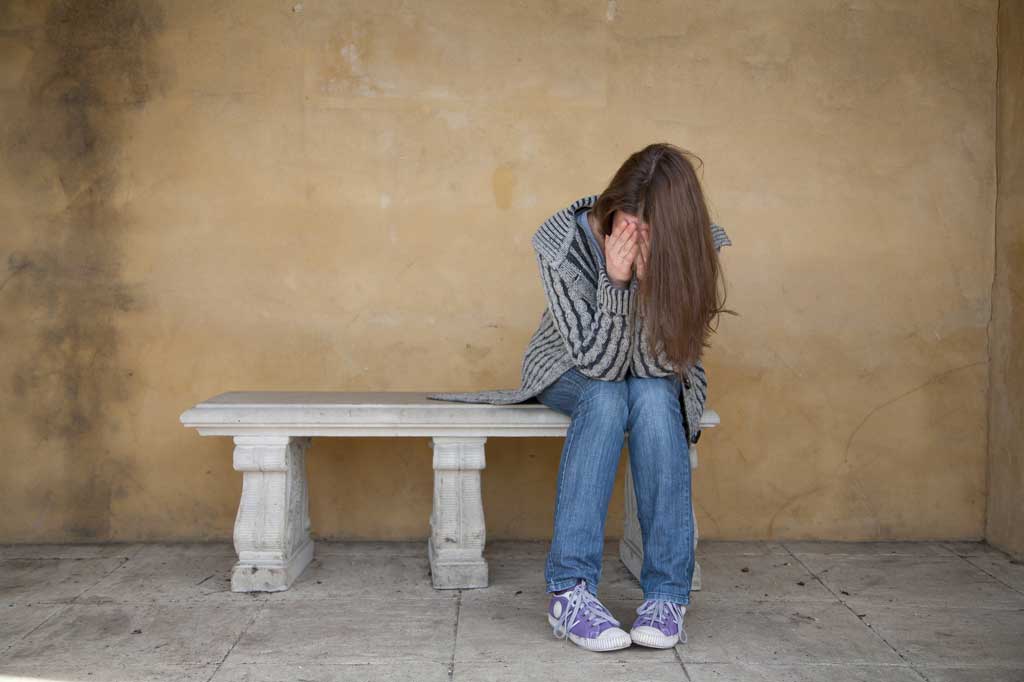We grieve when we lose someone or something that is important to us in some way. Grief and mourning are normal human reactions to loss. Grieving can affect the way we feel, think, act, and behave. It’s important to note that everyone grieves differently and there’s no right or wrong way to mourn. Several factors can play […]
Many people mistakenly believe that grief is a single emotion, but normal grief is actually a powerful, multifaceted, and often uncontrollable response that human beings experience following a personally painful or traumatic event, such as the death of a loved one. Grief can affect us not only emotionally but also physically, mentally, and even spiritually. When you are[…..]
If you’re grieving the death of a spouse or close family member, now isn’t the time for major life decisions. The death of a loved one is among the most stressful events a person can experience, according to the Holmes-Rahe Life Stress Inventory, also known as the Social Readjustment Rating Scale (SRRS). Given the emotional and physical toll a death can have[…..]
Identity is a funny thing. The way we think of ourselves, how we define ourselves, the story we tell ourselves about who we are, all of that comes together to create our identity. And yet we don’t always have a conscious awareness of our identity or even a loss of identity. It often exists in[…..]
GRIEF: Regardless of our age, when someone we have a connection to dies, we grieve. Even babies can detect the absence of a parent or caregiver. From days old, infants respond to the presence or absence of certain people. They identify and become familiar with their person’s scent or touch. Although they don’t yet understand[…..]
It’s everywhere, it’s in the air. We don’t know quite what it is. Sadness? Disappointment? Pain? People have asked, do the stages apply to this type of loss? As a grief expert who was privileged to write a book with Elisabeth Kübler Ross about her stages of grief. I believe they do apply. Rose McGowan[…..]
Six years inside complicated grief taught me many things. Five of them I can put into words and onto paper. I have a feeling I will be learning from her the rest of my life. Six years inside complicated grief taught me many things. Five of them I can put into words and onto paper.[…..]
But I am not alone. On average, one person dies by suicide every 40 seconds. This means that each year there are over a million families, like ours, living with the aftershocks of suicide. My experience has taught me a few lessons that I feel compelled to share, in the hope that shining a light[…..]
I’ve often wondered why comforting others makes me feel so much more alive. Recently I’ve realized that having walked through the fire, I may be specially equipped to help others make the passage, and survive. I have an odd kind of superpower. I can look at people who are suffering and feel immediate empathy for[…..]
If you’re grieving a loss, it’s normal to have questions and to wonder what to expect as you move over the process of grief. But know, Your Emotions Are Normal. You may wonder why you have certain emotions or if it is normal to have the thoughts and feelings you are experiencing. You may ask yourself[…..]


